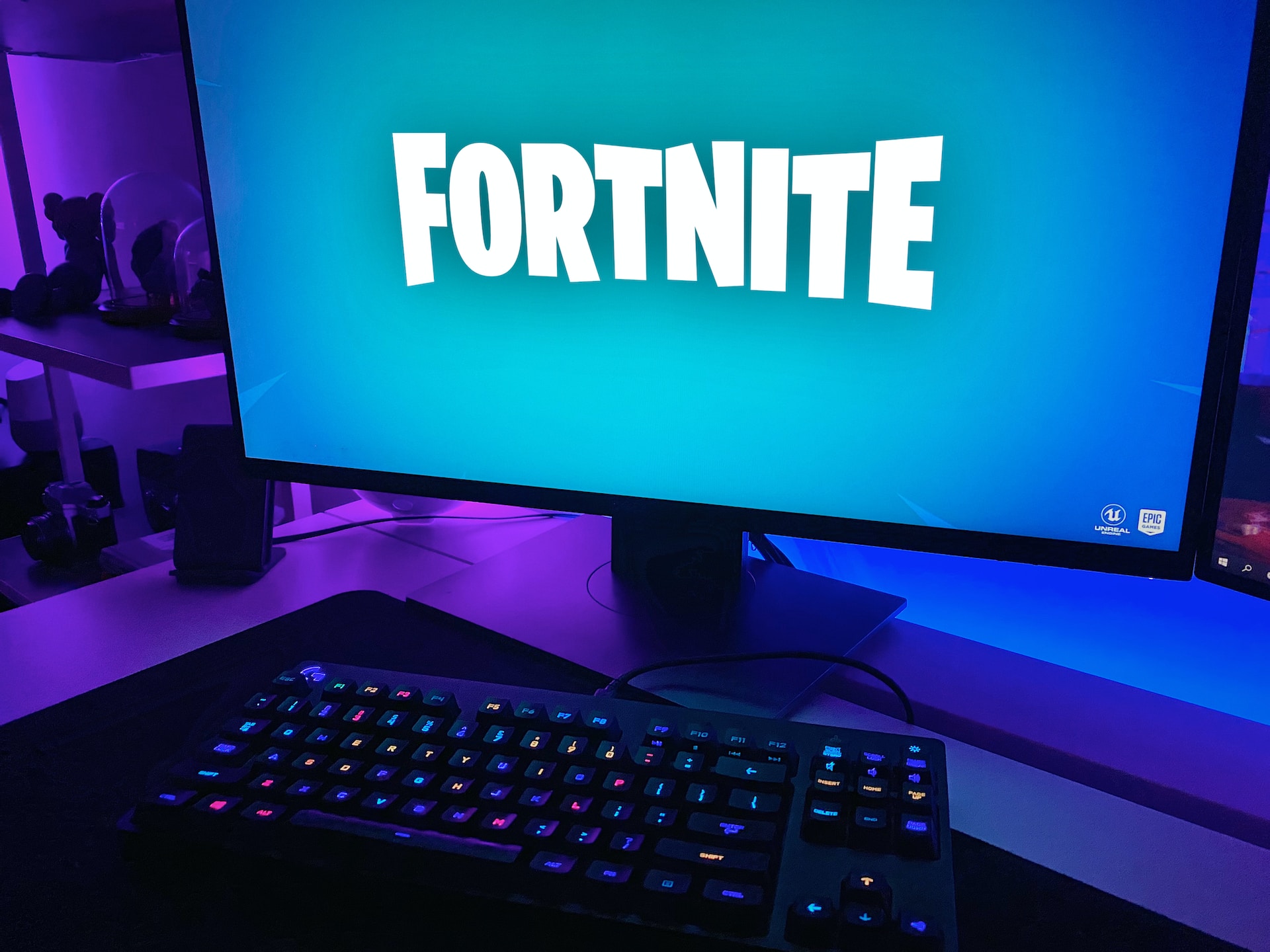In the realm of gaming, few titles have commanded attention and shaped pop culture quite like Fortnite. Bursting onto the scene in 2017, this free-to-play battle royale game has swiftly evolved from a mere pastime to a global sensation, captivating millions with its vibrant graphics, fast-paced gameplay, and ever-evolving world.
At its core, Fortnite offers players an immersive battleground where creativity meets competition. Dropping into a colorful, ever-changing island, players battle it out to be the last one standing, building structures on the fly, scavenging for weapons, and engaging in frenetic combat—all while navigating a landscape that seamlessly blends strategy and spontaneity.
What sets Fortnite apart isn’t just its gameplay mechanics; it’s the game’s ability to continuously evolve. Epic Games, the creative force behind Fortnite, constantly injects fresh content, from new weapons and items to season-themed updates and collaborations with pop culture icons, keeping players engaged and eager for more.
The game’s appeal stretches far beyond its virtual landscapes. Fortnite’s influence extends into popular culture, with its iconic dances and emotes becoming viral sensations, replicated in movies, sports events, and even schoolyards worldwide. Its tournaments attract the best players globally, offering lucrative prizes and transforming gaming into a competitive sport.
Moreover, Fortnite serves as a social platform, a digital hangout where friends connect, bond, and compete across borders. The game’s cross-platform compatibility allows players on different devices to join forces, fostering a sense of camaraderie and community within its vast player base.
However, like any cultural phenomenon, Fortnite hasn’t been immune to criticism. Concerns about screen time addiction among younger players, in-game purchases, and the game’s impact on children’s behavior have sparked debates among parents and educators.
Yet, amidst these discussions, Fortnite’s impact on the gaming industry remains undeniable. Its free-to-play model coupled with innovative gameplay and cultural relevance has reshaped the landscape, inspiring other games to adapt and evolve in a similar fashion.

The game’s influence transcends the virtual realm. It has transformed how we perceive gaming, introducing a new era of interactive entertainment. Fortnite’s “live” events, where players gather in real-time to witness in-game occurrences like concerts and world-altering events, bridge the gap between the digital and physical worlds, pushing the boundaries of gaming as a form of immersive, communal entertainment.
Fortnite’s success isn’t solely attributed to its gameplay; it’s also a testament to the power of its community-driven content creation. The game’s Creative mode empowers players to build their worlds, design challenges, and share their creations with a global audience. This user-generated content fosters a sense of ownership and creativity, enabling players to craft their gaming experiences.
Moreover, Fortnite’s impact on the esports scene has been profound. It has emerged as a major player in competitive gaming, hosting massive tournaments with substantial prize pools, propelling professional players into the spotlight and elevating gaming to the realm of mainstream sports.
Yet, as Fortnite continues to evolve and capture imaginations, it faces challenges. Sustaining its innovative edge while keeping the game accessible and enjoyable for both casual and hardcore players remains a delicate balance. The game also grapples with ensuring inclusivity and maintaining a safe environment amidst its vast and diverse player base.
The game’s impact on the broader gaming industry is undeniable. It has prompted a shift in how games are developed, marketed, and monetized. Many titles have adopted the “games as a service” model, offering continuous updates and interactive experiences to keep players engaged and invested, a trend largely catalyzed by Fortnite’s success.
In essence, Fortnite is more than just a game; it’s a social phenomenon, a cultural touchstone that has left an indelible mark on the world of gaming. Its ability to blend entertainment, community, and competitive spirit continues to captivate audiences, promising a future where gaming transcends mere recreation, evolving into an ever-expanding universe of imagination and connectivity.
If you enjoyed this read, check out our other posts.














What do you think?
Show comments / Leave a comment